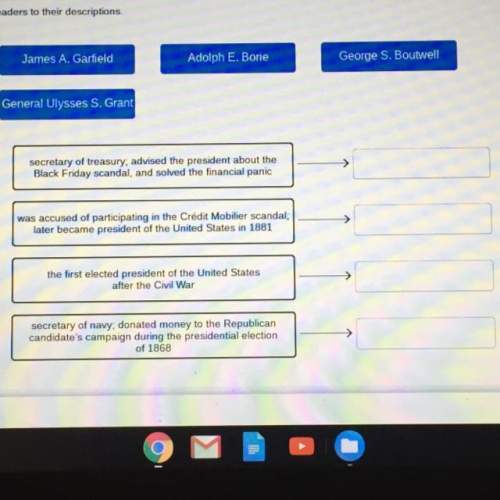
History, 29.09.2020 23:01 coolmonkey3643
Article 3. The principle of all sovereignty [supreme power or authority] rests essentially in the nation. Nobody and no individual may exercise authority which does not emanate expressly from the nation. How is this idea represented in Article 3 different than the divine right to rule that absolute monarchs like Louis XVI used to justify their power?

Answers: 3


Another question on History

History, 21.06.2019 22:30
Read the following passage. the early mill girls were of different ages. some were not over ten years old; a few were in middle life, but the majority were between the ages of sixteen and twenty-five. the very young girls were called "doffers." they "doffed," or took off, the full bobbins from the spinning frames, and replaced them with empty ones. based on the passage, early mill girls were mostly young. were mostly middle aged. were of a variety of ages. were mostly children.
Answers: 1

History, 21.06.2019 23:00
16.which statement best describes hinduism? it is a polytheistic religion with a countless number of gods.it is a monotheistic religion with a single god in a single form.it is an atheistic religion.it is a monotheistic religion with a single god in many forms.
Answers: 1

History, 22.06.2019 06:30
In the early 1800s, north africa was different from southern africa in that
Answers: 2

History, 22.06.2019 07:00
Me! will mark brainiest! essential questions: • for what reasons will one group of people exploit another? focus questions: • what influenced the development of the south more: geography, economy or slavery? • what were the economic, political and social arguments for and against slavery in the first half of the 19th century?
Answers: 2
You know the right answer?
Article 3. The principle of all sovereignty [supreme power or authority] rests essentially in the na...
Questions

Mathematics, 31.07.2019 07:30

Mathematics, 31.07.2019 07:30



Biology, 31.07.2019 07:30




Mathematics, 31.07.2019 07:30





History, 31.07.2019 07:30



Spanish, 31.07.2019 07:30


Spanish, 31.07.2019 07:30

Spanish, 31.07.2019 07:30




